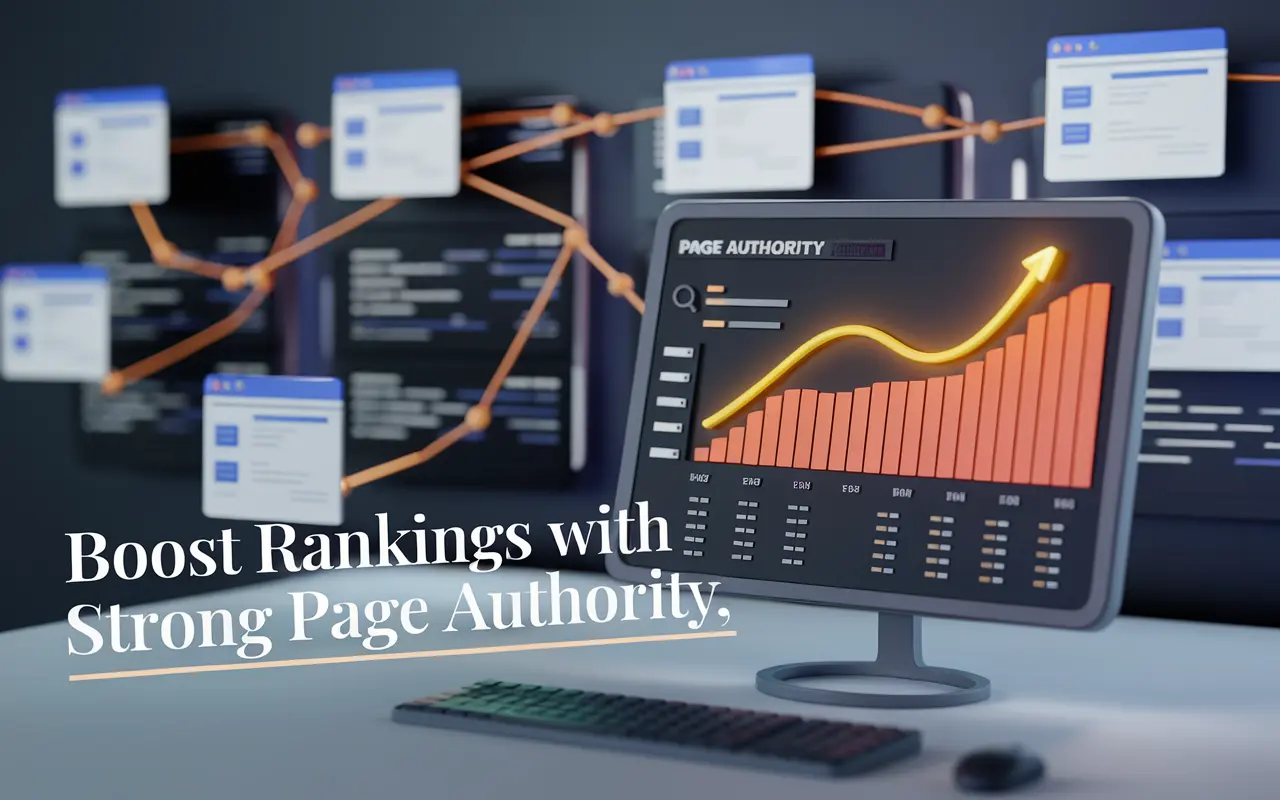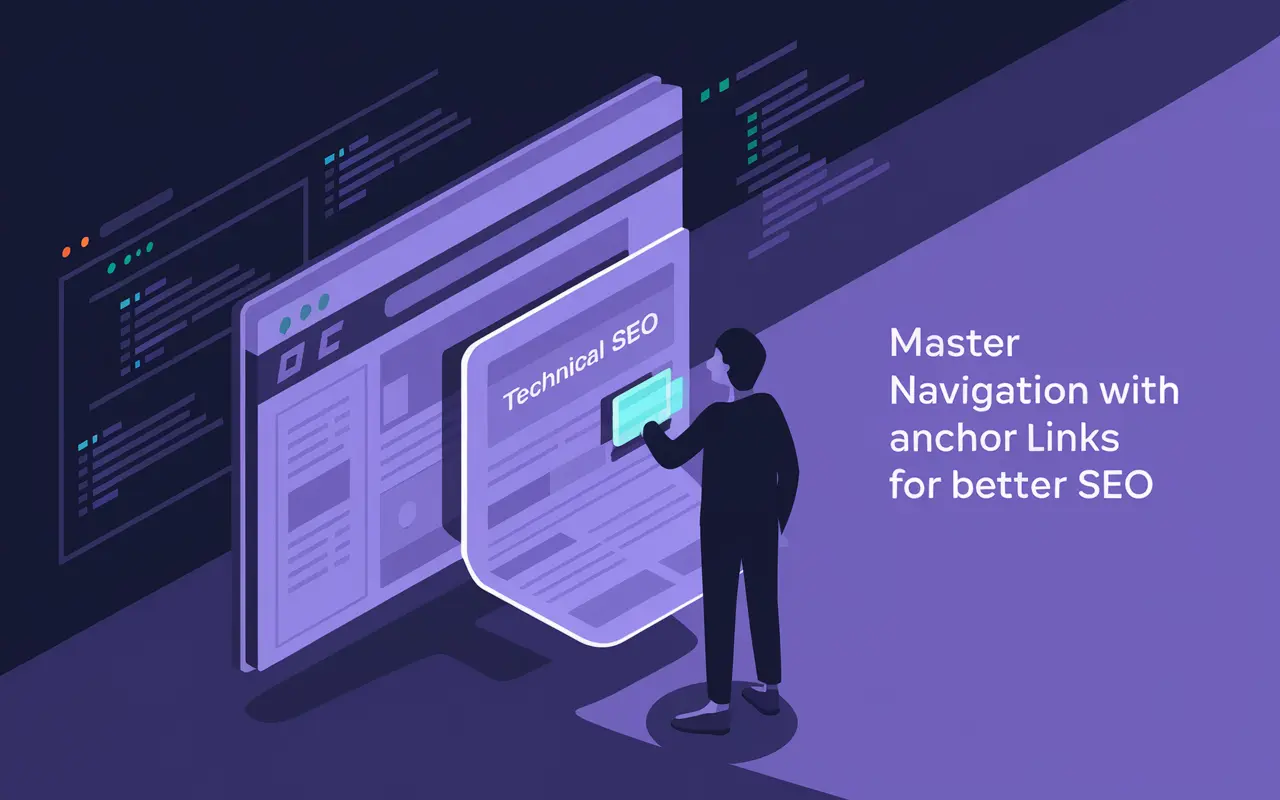Understanding Page Authority and Its Role in SEO Success
Page Authority (PA) is a metric created by Moz that predicts how well a specific page will rank on search engine results pages (SERPs). This score ranges from 1 to 100, with higher scores indicating a greater ability to rank. Unlike Domain Authority, which reflects the overall strength of an entire domain or subdomain, Page Authority focuses solely on the strength of an individual page.
Page Authority is calculated using various factors such as the quality of inbound links (backlinks), link diversity, and the trustworthiness of linking pages. Moz uses a machine learning algorithm that compares thousands of SERPs to determine the predictive strength of a page.
Understanding and leveraging Page Authority is critical for businesses and SEO professionals as it directly impacts the visibility and click-through rates of individual web pages, ultimately leading to increased traffic, leads, and conversions.
Key Takeaway
Page Authority measures the likelihood of a page ranking well in search results, and improving it can significantly boost your SEO performance and page visibility.
Why Page Authority Is Crucial in Modern SEO Strategies
Page Authority is a cornerstone of effective SEO strategies because it provides a data-driven way to evaluate and improve the ability of specific pages to appear in SERPs. By concentrating your optimization efforts on individual high-value pages, you can create laser-focused campaigns that outperform competitors on targeted keywords.
Drives Targeted Organic Traffic
Pages with high authority are more likely to rank higher for competitive keywords, attracting more qualified organic visitors who are ready to convert.
Influences Link Building Decisions
Knowing the PA of multiple pages helps in identifying which ones to reinforce through external backlinks and internal linking strategies.
Best Practices to Improve Page Authority
- Build High-Quality Backlinks: Acquire backlinks from reputable, authoritative sources relevant to your niche to boost page credibility.
- Optimize Internal Linking: Strengthen weaker pages by linking to them from high-authority pages on your site.
- Publish Valuable, Comprehensive Content: Create content that thoroughly addresses user intent and includes target keywords naturally.
- Remove or Disavow Toxic Links: Use tools like Google Disavow or Moz’s Link Explorer to eliminate spammy or low-quality links.
- Improve On-Page SEO: Make sure your HTML is clean, optimize meta tags, use schema markup, and ensure fast page load speeds.
How Page Authority Works Behind the Scenes
Page Authority is not a Google ranking factor, but a comparative metric developed by Moz. It uses machine learning and dozens of signals to determine the potential rankability of a page. Here’s how it operates:
Algorithmic Calculation
PA is derived from Moz’s Link Explorer tool using the Mozscape web index. It factors in inbound links, link diversity, nofollow vs dofollow links, and anchor text relevance.
Scaled Scoring
The 1–100 scale is logarithmic, meaning it’s harder to go from 70 to 80 than from 20 to 30. Incremental improvements become more complex at higher levels.
| Page Authority Score | Performance Indicator | Common Assessment |
|---|---|---|
| 1-20 | Low | Needs SEO and link-building focus |
| 21-40 | Moderate | Decent structure, room for growth |
| 41-60 | Strong | Competitive in many niches |
| 61-80 | Excellent | Authoritative and trusted by search engines |
| 81-100 | Elite | Top-tier SEO performance |
Case Study: Increasing Page Authority for a Product Landing Page
Challenge: Low Search Visibility for Key Product Page
A SaaS company had a high-converting product page that failed to rank in the top 30 results for its main keyword despite optimized content and design. Its Page Authority was stuck at 24.
Strategy: Targeted Backlink Building and Internal Linking
The agency built backlinks from strong pages within the tech niche, improved on-page elements like schema, and connected the page internally from blog posts with high DA and relevant themes.
Results: 40% Increase in Traffic, Page Authority Jumped to 40
Within three months, the page’s PA grew to 40, and it began ranking on the first page of Google, resulting in a 40% uplift in organic traffic and a 25% increase in product demos.
Common Mistakes That Lower Page Authority
- Neglecting Quality Backlinks: Focusing solely on quantity over quality of links fails to improve authority and may harm rankings.
- Duplicated Content: Google penalizes content duplication, which reduces credibility, linkability, and user experience.
- Poor Internal Linking: Orphan pages or bad navigation structure dilute link equity and prevent authority flow.
- Inconsistent Content Updates: Stale pages lose relevance over time, which negatively impacts authority scores.
Related Terms You Should Know
- Domain Authority: Estimates the overall strength of an entire website or domain.
- Backlinks: External links pointing to your webpage that pass link equity and influence Page Authority.
- Link Building: The process of acquiring hyperlinks from other websites to improve authority and rankings.
FAQs About Page Authority
Page Authority scores from 40 to 60 are considered strong; anything above 60 is excellent and likely to perform well in competitive niches.
You can use tools like Moz’s Link Explorer, MozBar, or other SEO platforms that integrate Moz metrics to check your Page Authority.
Moz updates Page Authority scores frequently, usually in tandem with updates to their index, which happens every few weeks.
No, Google does not use Moz’s Page Authority directly. It’s a third-party metric, but it provides valuable insight into how competitive a page is.
Yes, PA can decrease if high authority backlinks are removed, the linking profile becomes spammy, or the site isn’t updated regularly.
Conclusion: Make Page Authority Central to Your SEO Campaign
Page Authority offers a smart way to evaluate the strength and SEO potential of specific web pages. By tracking this metric and applying optimization best practices, you can increase your visibility in SERPs, drive more visitors, and convert more leads. For long-term success, integrate Page Authority improvements into your content marketing, link building, and technical SEO strategies. Explore more in our SEO resource center.





